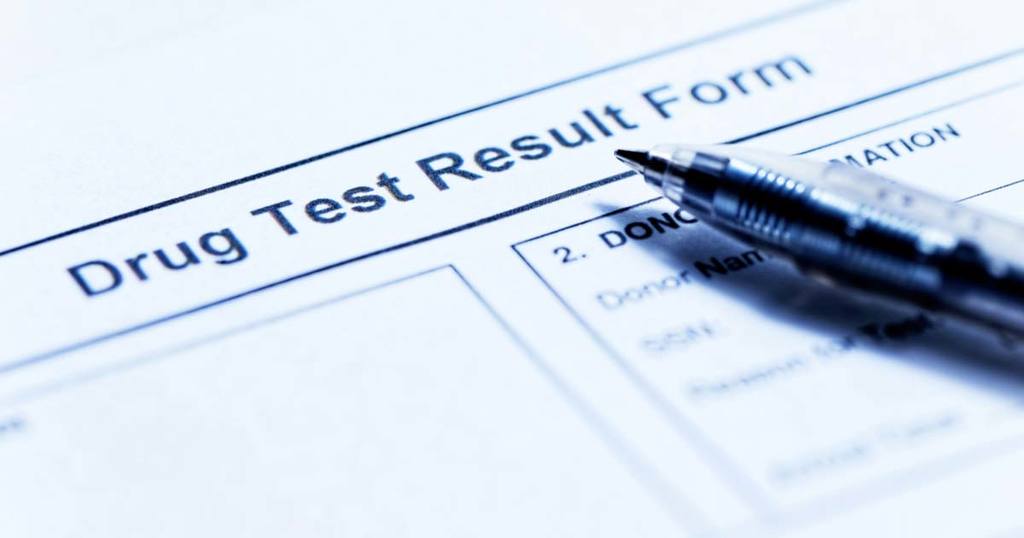New findings from a British and Canadian research team indicate that teachers can use a personality-based intervention to help some high-risk students at least temporarily delay their initiation into marijuana/cannabis use. Large numbers of American teenagers consume marijuana/cannabis on at least a monthly basis. This is a dangerous situation, since teens have elevated chances of developing diagnosable cases of cannabis addiction, and oftentimes needing treatment for their addictions. In a study published in May 2015 in the journal Addiction, researchers from two Canadian institutions and one British institution assessed the usefulness of a teacher-led, personality-based intervention designed to help teenagers with heightened chances of becoming marijuana/cannabis consumers. These researchers concluded that such an intervention has beneficial effects for teenagers with an unusually prominent tendency to seek out new or novel sensations.
Adolescent Marijuana Consumption
Roughly one-quarter of all younger and older American teenagers consume some amount of marijuana throughout the year, according to 2014 figures compiled and reported by the University of Michigan and the National Institute on Drug Abuse. Older teens enrolled in 12th grade have a rate of marijuana/cannabis intake about three times higher than the rate found among younger teens enrolled in eighth grade. Teens in the 10th grade use marijuana/cannabis more often than their younger counterparts but less often than their older counterparts. Marijuana consumption rates fell among adolescents of all ages between 2013 and 2014. The level of decline among 10th graders was sizable enough to qualify as statistically significant. Any casual or habitual consumer of marijuana or any other form of cannabis can develop diagnosable symptoms of cannabis use disorder (the official designation for cannabis addiction and dysfunctional, non-addicted cannabis abuse). Even if a teenager uses marijuana only occasionally, he or she is almost twice as likely to eventually qualify for a cannabis use disorder diagnosis as an adult casual user. Habitual teen consumers have even higher chances of meeting the terms for the disorder. Adolescent marijuana users also run the risk of disrupting their normal brain development and producing potentially permanent decreases in their mental function as measured on IQ tests.
Teacher-Led Marijuana Interventions
In the early 2000s, researchers in Canada developed a personality-based approach to substance intervention specifically targeted at 13-, 14- and 15-year-olds. This approach uses four personality parameters —hopelessness, a heightened level of sensitivity to anxiety, a heightened level of involvement in impulsive behavior and a heightened level of desire for new or novel sensations — as indicators of substance-related risk. Teenagers exhibiting any of these traits receive a form of intervention specifically intended to appeal to their personal tendencies. The original Canadian program was designed for use by licensed mental health professionals. However, a teacher-based version of the approach now also exists.
Usefulness for Teenagers
In the study published in Addiction, researchers from the United Kingdom’s King’s College London and Canada’s University of Montreal and McGill University used a project involving 1,038 British teenagers enrolled in 21 schools to help determine the usefulness of teacher-led, personality-based marijuana/cannabis interventions. Students in 12 of the participating schools received an intervention called the Adventure Trial. The students in the remaining nine schools acted as a comparison group and did not receive the intervention. Following the Canadian model, the students in the Adventure Trial received interventions specifically targeted to hopelessness, heightened sensitivity to anxiety, heightened involvement in impulsive behavior or a heightened tendency to seek out new or novel situations. Successful outcomes of the interventions were measured in terms of consumption of any amount of marijuana and frequency of marijuana use. The researchers made assessments of these outcomes six months, one year and 18 months after the interventions ended. The researchers preliminarily concluded that participation in a personality-based intervention administered by a trained teacher deterred involvement in any level of teen marijuana/cannabis use six months later and also reduced the amount of marijuana consumed one year later and 18 months later. However, when they conducted a further analysis, they found a more limited benefit for a teacher-led approach. Specifically, they found that personality-based interventions led by teachers can delay initiation into marijuana/cannabis use among those teenagers with a highly sensation-seeking personality. The researchers believe that their findings support the usefulness of personality-based marijuana/cannabis intervention efforts conducted by teachers with proper training. However, they also note that not all teenagers identified as high-risk for cannabis use will benefit from such an intervention.






